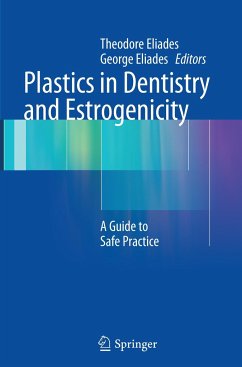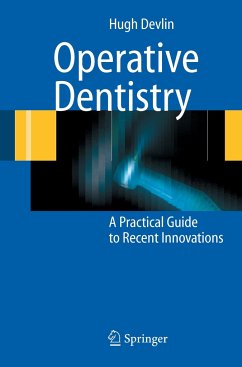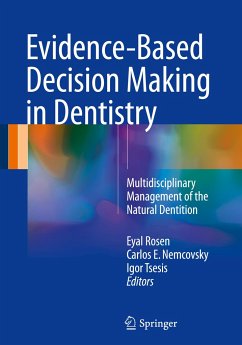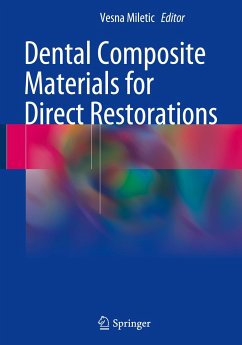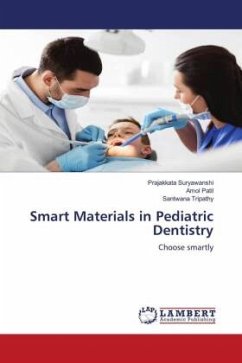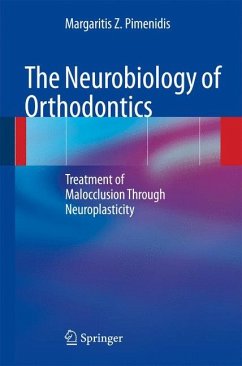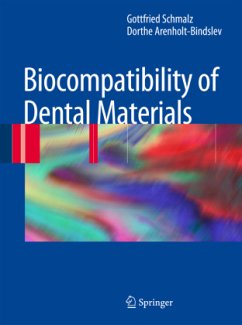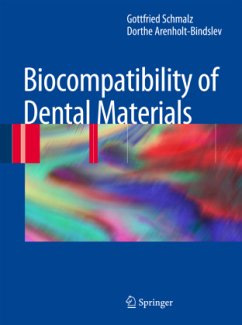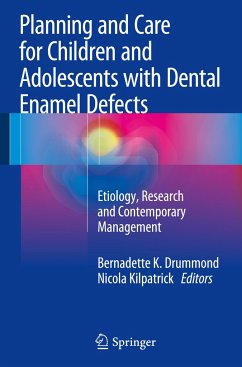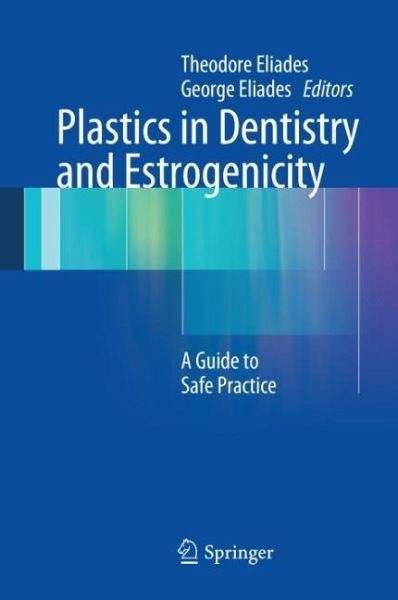
Plastics in Dentistry and Estrogenicity
A Guide to Safe Practice
Herausgegeben: Eliades, Theodore; Eliades, George

PAYBACK Punkte
38 °P sammeln!
The polycarbonate products, adhesives, and composite resins used in dentistry may have the potential to release bisphenol-A (BPA). BPA is known to exert effects at very low doses and presents a risk to reproductive, neurological, behavioural, and metabolic development, however, the actual effects induced by dental materials have not been sufficiently covered and critically analyzed. Nevertheless, many practicing dentists will be confused by the occasionally contradictory and often misinterpreted evidence in the literature. This book therefore represents a timely and comprehensive review of our...
The polycarbonate products, adhesives, and composite resins used in dentistry may have the potential to release bisphenol-A (BPA). BPA is known to exert effects at very low doses and presents a risk to reproductive, neurological, behavioural, and metabolic development, however, the actual effects induced by dental materials have not been sufficiently covered and critically analyzed. Nevertheless, many practicing dentists will be confused by the occasionally contradictory and often misinterpreted evidence in the literature.
This book therefore represents a timely and comprehensive review of our current knowledge of BPA release from dental polymers and the potential presence of endocrinological consequences. After a review of the history and evolution of the issue within the broader biomedical context, the estrogenicity of BPA is explained. The basic chemistry of the polymers used in dentistry is then presented in a simplified and clinically relevant manner. Key chapters in the book carefully evaluate the release of BPA from dental polymets and the estrogenicity of these materials. Currently available evidence on the potential estrogenic action of dental composites, sealants, and adhesives is presented, and the exaggerated conclusions of various methodological protocols are assessed. The entire dental community will find this book to be an invaluable aid to safe practice.
This book therefore represents a timely and comprehensive review of our current knowledge of BPA release from dental polymers and the potential presence of endocrinological consequences. After a review of the history and evolution of the issue within the broader biomedical context, the estrogenicity of BPA is explained. The basic chemistry of the polymers used in dentistry is then presented in a simplified and clinically relevant manner. Key chapters in the book carefully evaluate the release of BPA from dental polymets and the estrogenicity of these materials. Currently available evidence on the potential estrogenic action of dental composites, sealants, and adhesives is presented, and the exaggerated conclusions of various methodological protocols are assessed. The entire dental community will find this book to be an invaluable aid to safe practice.





